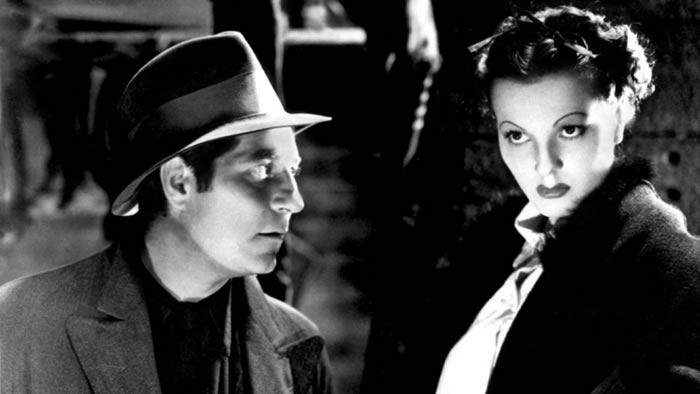Written by John Clifford. Directed by Herk Harvey. 1962.
The highest compliment I can pay Carnival of Souls is to give it three bananas, that rating reserved for, alternately, the average and the B-picture. Souls is hardly average, but it is the latter, and it revels in its B-ness, so much so that giving it four bananas -- my impulse -- would be a kind of betrayal. But it's startling in its creepiness, in its sexless heroine, in its oftentimes Felliniesque evocation of place and people. Great locations may be all you need for an excuse to tell a story, and Carnival of Souls is nothing if not an ode to such striking, scary places.
"It's funny. The world is so different in the daylight. In the dark, your fantasies get so out of hand. But in the daylight everything falls back into place again." -- Mary Henry








